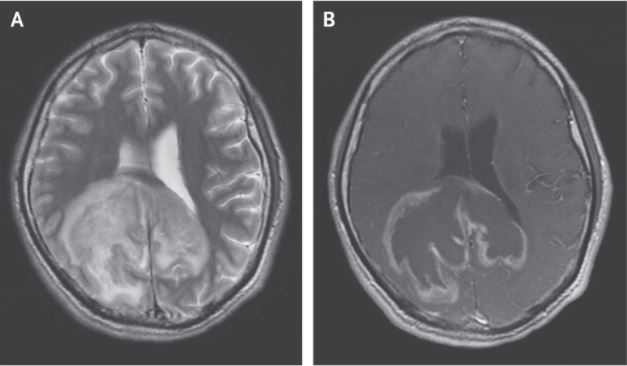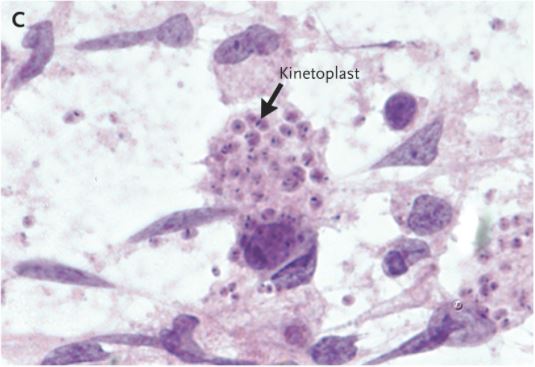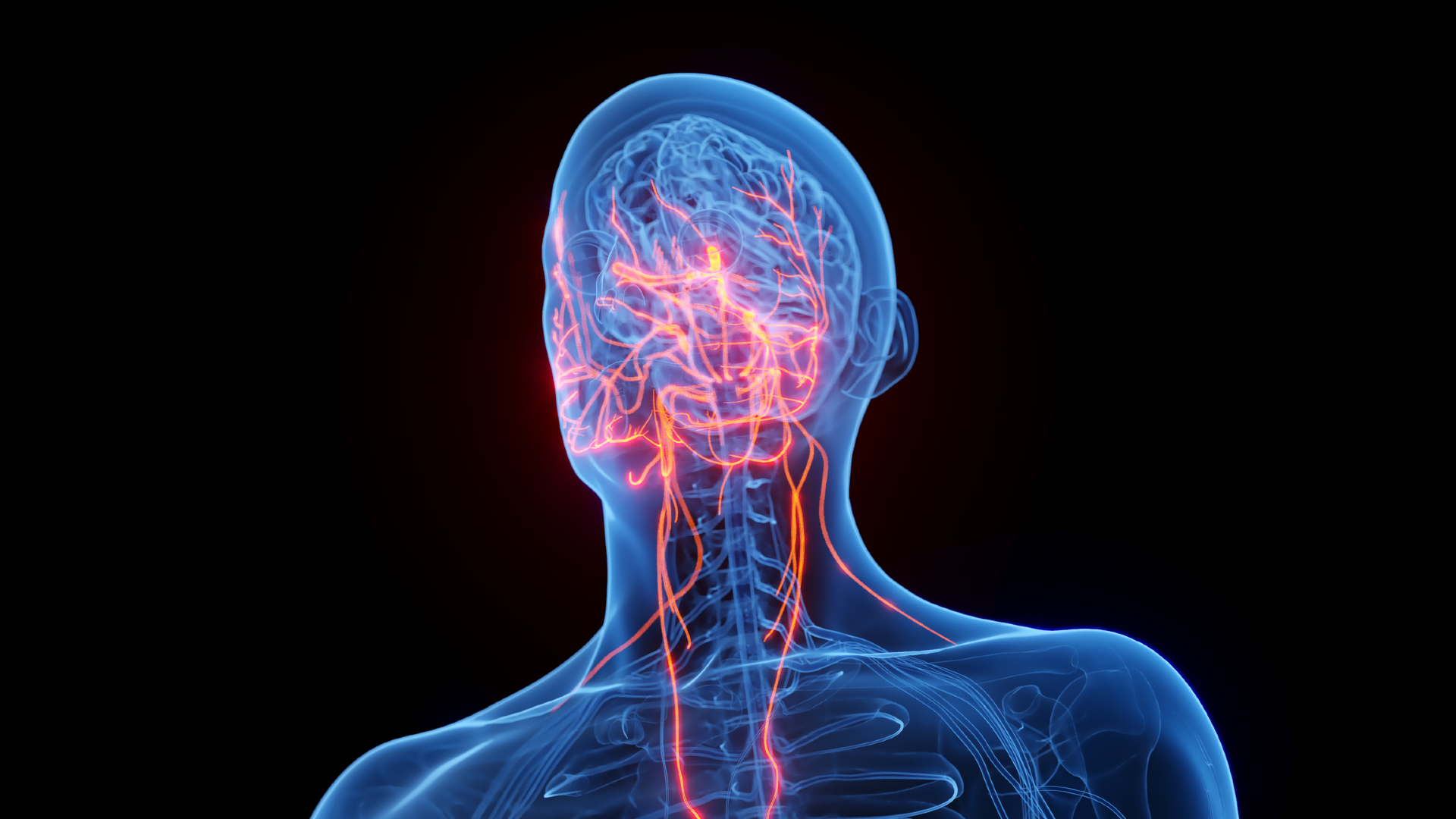Man's Lurking Parasitic Infection 'Woke Up' in His Brain

Get the world’s most fascinating discoveries delivered straight to your inbox.
You are now subscribed
Your newsletter sign-up was successful
Want to add more newsletters?

Delivered Daily
Daily Newsletter
Sign up for the latest discoveries, groundbreaking research and fascinating breakthroughs that impact you and the wider world direct to your inbox.

Once a week
Life's Little Mysteries
Feed your curiosity with an exclusive mystery every week, solved with science and delivered direct to your inbox before it's seen anywhere else.

Once a week
How It Works
Sign up to our free science & technology newsletter for your weekly fix of fascinating articles, quick quizzes, amazing images, and more

Delivered daily
Space.com Newsletter
Breaking space news, the latest updates on rocket launches, skywatching events and more!

Once a month
Watch This Space
Sign up to our monthly entertainment newsletter to keep up with all our coverage of the latest sci-fi and space movies, tv shows, games and books.

Once a week
Night Sky This Week
Discover this week's must-see night sky events, moon phases, and stunning astrophotos. Sign up for our skywatching newsletter and explore the universe with us!
Join the club
Get full access to premium articles, exclusive features and a growing list of member rewards.
A large mass in a man's brain turned out to have an unusual cause: a parasitic infection lurking in his body that had "reawakened" in his brain, according to a new report of the case.
The 31-year-old man went the emergency room after he showed signs of confusion and had trouble walking. He also had a headache and a fever. The man had immigrated to the U.S. from El Salvador six years earlier, and had recently been diagnosed with an HIV infection and AIDS, according to the report from doctors at Stanford University.
An MRI of the man's brain showed a large mass, measuring 8 centimeters by 7 cm by 6 cm (3.1 inches by 2.7 inches by 2.3 inches).
When doctors took a sample of fluid from the brain mass and analyzed it under a microscope, they spotted dozens of small organisms inside macrophages — immune cells that gobble up foreign substances. [27 Oddest Medical Cases]
Genetic sequencing revealed that the man had an infection caused by Trypanosoma cruzi, a parasite that's found mainly in rural areas of Latin America that causes Chagas disease, according to the report, published today (May 9) in the New England Journal of Medicine.
People typically catch the disease when they are bitten by insects called triatomine bugs, also known as "kissing bugs," which carry the parasite, according to the Centers for Disease Control and Prevention (CDC).
Chagas disease has two phases, an acute phase and a chronic phase. During the acute phase — which happens right as a person is infected and lasts a few months — people may have mild symptoms, such as fever, fatigue, body aches and swelling of the eyelids, according to the CDC. During the chronic phase, the parasites may remain "hidden" in the body for decades, or even a lifetime, without causing further symptoms.
Get the world’s most fascinating discoveries delivered straight to your inbox.
But about 30 percent of people with chronic Chagas disease will eventually develop health complications — typically heart problems or digestive problems.
The disease rarely affects the brain or spinal cord, but in patients with weakened immune systems — including patients with AIDS — the disease may "reactivate" in the brain, according to a 2004 report of a similar case of T. cruzi in the brain. When this happens, patients may develop abscesses in the brain, which are collections of pus, immune cells and other substances due to infection, according to the new case.
Doctors treated the man with an anti-parasitic medication called benznidazole and initiated antiviral therapy for his HIV infection. After two weeks of treatment, the man showed improvement in his mental state and walking ability, the report said.
Original article on Live Science.

Rachael is a Live Science contributor, and was a former channel editor and senior writer for Live Science between 2010 and 2022. She has a master's degree in journalism from New York University's Science, Health and Environmental Reporting Program. She also holds a B.S. in molecular biology and an M.S. in biology from the University of California, San Diego. Her work has appeared in Scienceline, The Washington Post and Scientific American.
 Live Science Plus
Live Science Plus











